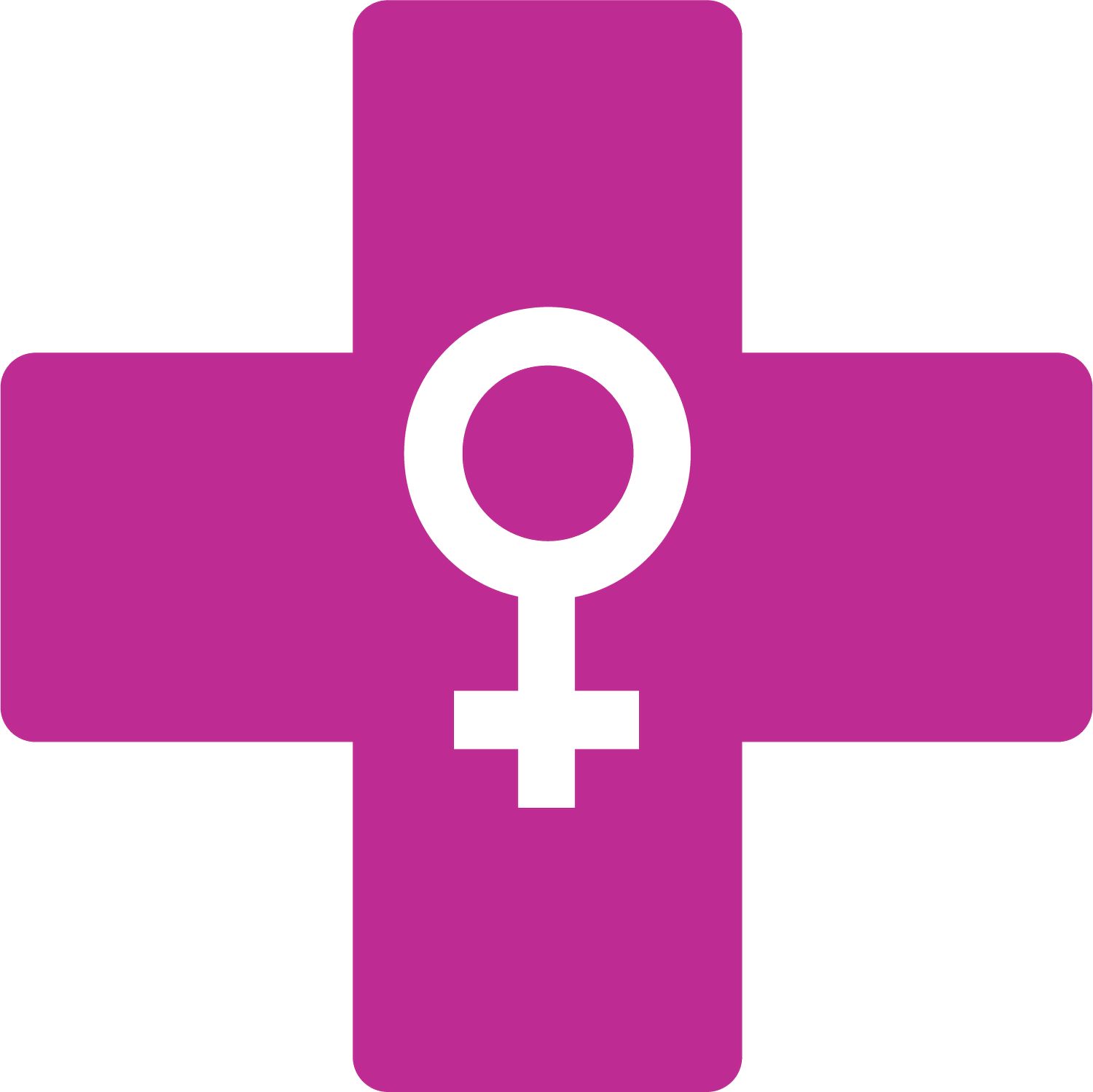Women’s Health: In Your 40s
Life in your 40s can be both exciting and challenging. As you navigate through this phase, it's essential to prioritize your health and well-being. In this comprehensive guide, we'll discuss the top concerns and tips for women in their 40s, from understanding your body's changes to adopting healthy habits that will keep you feeling great for years to come.
1. Understanding Your Body's Changes
As you enter your 40s, your body undergoes various hormonal changes that can impact your physical and emotional health. Here are some key aspects to be aware of:
Perimenopause
Perimenopause is the transition period leading up to menopause, which typically begins for women in their early 40s. During this time, estrogen levels fluctuate, resulting in changes to your menstrual cycles and making it more difficult to become pregnant. You may also experience menopause-related symptoms like hot flashes, sleep difficulties, mood swings, and irritability.
Metabolism
Your metabolism tends to slow down as you age, making it easier to gain weight and more challenging to lose it. This can lead to an accumulation of fat around your belly, which increases the risk of heart disease, diabetes, and certain types of cancer.
Fertility
While conceiving in your 40s can be more challenging due to hormonal changes and an aging egg supply, it's still possible. If you're considering pregnancy, consult a fertility specialist to discuss your options and an obstetrician or high-risk pregnancy specialist if you do become pregnant.
2. Heart Disease
Heart disease is the leading cause of death in women over 40. Factors such as poor diet, smoking, and a sedentary lifestyle can increase the risk of developing heart disease. To reduce your risk, maintain a healthy diet, exercise regularly, and quit smoking if you're a smoker.
3. Vitamin Deficiency
Vitamin deficiencies are common among women in their 40s, particularly in vitamin D, which plays a crucial role in bone health. A deficiency in vitamin D can lead to accelerated bone loss and increase the risk of osteoporosis. Other potential deficiencies include iron, riboflavin, and vitamin B. To avoid these deficiencies, ensure that you consume a balanced and varied diet rich in fruits, vegetables, whole grains, and lean proteins.
4. Breast Cancer
Breast cancer risk increases significantly between the ages of 30 and 40. Regular breast exams and annual mammograms can help detect early signs of breast cancer, increasing the chances of successful treatment. Talk to your doctor about the best screening schedule for you based on your personal risk factors.
5. Accidental Pregnancy
Even in your 40s, it's essential to use birth control if you don't want to become pregnant. If you do decide to have a child, be aware of the potential risks to both you and your developing baby, and consult your doctor for guidance.
6. Blood Clots
Women over 40 have a higher risk of developing blood clots. Be aware of the signs, such as swelling, pain, redness, and warmth in your calf, and seek medical attention if you suspect a blood clot.
7. Diabetes
The risk of developing type 2 diabetes increases with age, especially for women in their 40s. Regular screenings and adopting a healthy lifestyle can help prevent or manage diabetes.
8. Menopause and Osteoporosis
Menopause and the associated estrogen loss can increase your risk of developing osteoporosis. Engage in regular strength training and ensure adequate calcium and vitamin D intake to support bone health.
9. Adult Onset Asthma
Hormonal fluctuations during perimenopause and menopause can contribute to the onset of asthma. If you experience persistent coughing, wheezing, or shortness of breath, consult your doctor for a proper diagnosis and treatment plan.
10. Stroke
Women have a higher risk of stroke than men, particularly in their 40s and beyond. Familiarize yourself with the warning signs of stroke (FAST: Face, Arms, Speech, Time) and seek immediate medical attention if you suspect a stroke.
Tips for Healthy Living in Your 40s
Now that you're aware of the potential health risks, here are some tips to help you stay healthy and vibrant in your 40s:
Maintain a balanced diet: Focus on consuming nutrient-dense foods, including fruits, vegetables, whole grains, lean proteins, and healthy fats.
Exercise regularly: Aim for at least 150 minutes of moderate-intensity aerobic activity or 75 minutes of vigorous-intensity aerobic activity per week, along with muscle-strengthening activities on two or more days per week.
Quit smoking: If you're a smoker, quitting is the single best thing you can do for your health.
Limit alcohol consumption: Stick to the recommended guidelines of no more than one drink per day for women.
Manage stress: Practice self-care and prioritize activities that help you unwind and relax, such as yoga, meditation, or spending time in nature.
Get regular check-ups: Stay on top of your health by scheduling routine medical appointments, including dental cleanings, eye exams, and preventive screenings.
Prioritize mental health: Be aware of your mental and emotional well-being, and don't hesitate to seek help from a mental health professional if needed.
Practice safe sex: Continue to use birth control if you don't want to become pregnant, and protect yourself from sexually transmitted infections.
Stay informed: Educate yourself about your body and the changes it's going through, and consult your doctor with any questions or concerns.
Conclusion
In conclusion, your 40s can be a time of tremendous growth and transformation. By understanding the changes your body is going through and adopting healthy habits, you can embrace this stage of life with confidence and grace. Remember to consult your doctor for personalized advice, and always listen to your body as you strive to maintain optimal health and well-being.








